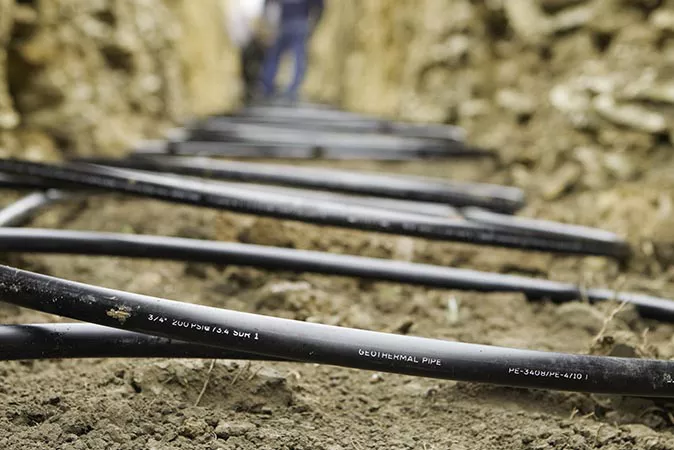Chiller Glycol Products
Selecting an appropriate formulation, mixing ratio and compatible inhibitor package is essential for the smooth running of a chiller system.
More about Chiller Glycol ProductsCoolflow DTX exhibits very similar heat transfer and pumping characteristics to ethylene glycol and provides >10% additional efficiency and output, when compared with Propylene Glycol.
A study performed by Star Technical Services, based on a system designed and installed by Star Refrigeration, confirmed various improvements in performance, ranging from 7% to 13%. The same study also confirmed that, specifying Coolflow DTX at the design stage could result in a >10% reduction of heat-exchanger and compressor size.
Arla Oakthorpe Dairy converted to Coolflow DTX in 2011 which facilitated several engineering (pipe-work) upgrades and an overall energy saving of 17%.
At the time of writing the list of Coolflow DTX glycol chiller installations has risen beyond 7,000 including thousands of food and beverage systems.
In conclusion it would be reasonable to state, that Coolflow DTX now provides all designers, specifiers and operators of glycol chillers the potential to improve output efficiency and reduce operating costs.
For a copy of the report prepared by Star Technical Services and/or a copy of the complete DTX Dossier, please call 01792 586800 or email info@hydratech.co.uk.
Regular analysis can extend the life of both fluid and system. Hydratech’s Fluid Monitoring Program (FMP) is a very straight forward, effective way to proactively monitor closed-loop system condition.

Selecting an appropriate formulation, mixing ratio and compatible inhibitor package is essential for the smooth running of a chiller system.
More about Chiller Glycol Products

If you need help or advice on selecting the most suitable product for your needs call one of our sales engineers today. With experience across many industry sectors we can help you find the most cost effective solution whilst meeting all your technical re
Call today on (860) 653-1691
Sorry, we need you to complete all the required fields before we can process your enquiry.